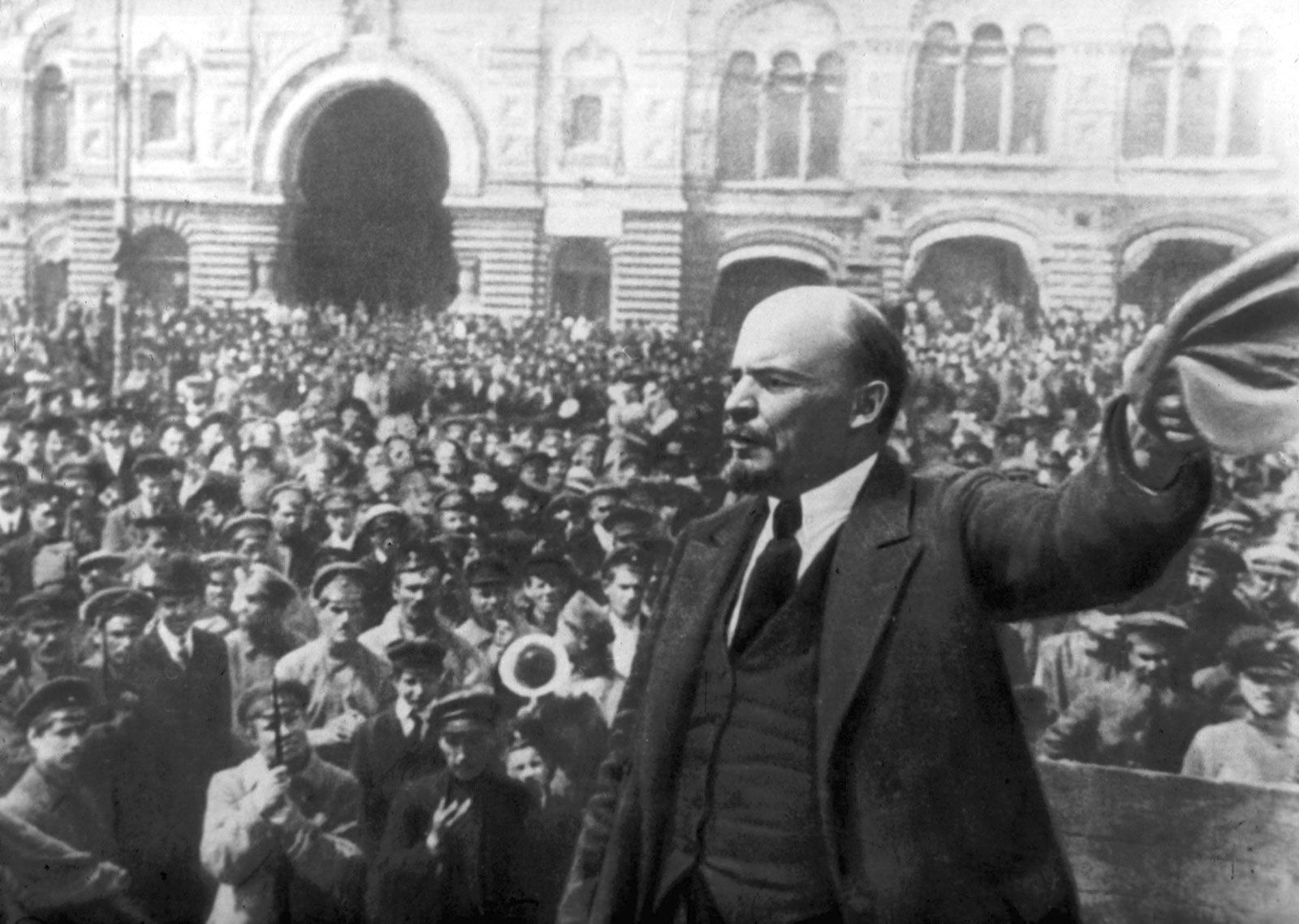Q2 Discuss the core causes of “Bolshevik Revolution” in Russia and explain its fundamental political and socio-economic impact on the Western European politics. 2016

The Bolshevik Revolution in Russia in 1917 was a defining moment in world history, which fundamentally changed the political and social landscape of not only Russia but also Western Europe. The revolution was led by the Bolsheviks, a faction of the Russian Social Democratic Labour Party, which later became the Communist Party of the Soviet Union.
The core causes of the Bolshevik Revolution in Russia were political, economic, and social in nature. The following are some of the main causes of the Bolshevik Revolution:
- : The political instability in Russia was one of the main causes of the Bolshevik Revolution. The country was ruled by a monarchy that was increasingly out of touch with the people’s needs and aspirations. The government was corrupt, autocratic, and oppressive, and the Tsarist regime’s policies were leading to the impoverishment and misery of the masses.
- : Russia was also facing a severe economic crisis, with widespread poverty and unemployment. The country’s industries were largely underdeveloped, and the agricultural sector was in a state of disarray. The peasants, who constituted the majority of the population, were burdened with heavy taxes and debts.
- : Russia’s participation in World War I had a profound impact on the country’s economy and society. The war was costly in terms of both money and lives, and it led to widespread food shortages and inflation. The Russian army suffered a series of defeats, and the soldiers began to lose faith in their leaders.
- : The social injustice in Russia was another factor that led to the Bolshevik Revolution. The working class and the peasants were oppressed and exploited, while the aristocracy and the bourgeoisie enjoyed a life of luxury and privilege. The gap between the rich and poor was widening, and the people were becoming increasingly frustrated with the status quo.
The Bolshevik Revolution had a profound impact on the Western European politics, both politically and socio-economically. The following are some of the fundamental impacts of the revolution:
- : The Bolshevik Revolution marked the beginning of the spread of communism across the world. It inspired communist movements in Western Europe and led to the formation of communist parties in many countries.
- : The Bolshevik Revolution also led to the rise of the Soviet Union as a superpower and the beginning of the Cold War between the Soviet Union and the Western powers.
- : The revolution also had a significant impact on the labor movement in Western Europe, with workers gaining greater rights and protections as a result of the Communist Party’s influence.
- : The Bolshevik Revolution also led to political changes in Western Europe, with many countries adopting socialist policies and introducing welfare state measures to address social and economic inequality.
In conclusion, the Bolshevik Revolution in Russia was a momentous event that had far-reaching consequences for the world. The revolution was caused by a combination of political, economic, and social factors, and it had a profound impact on Western European politics, inspiring the rise of communism and leading to significant changes in the socio-economic landscape of many countries.